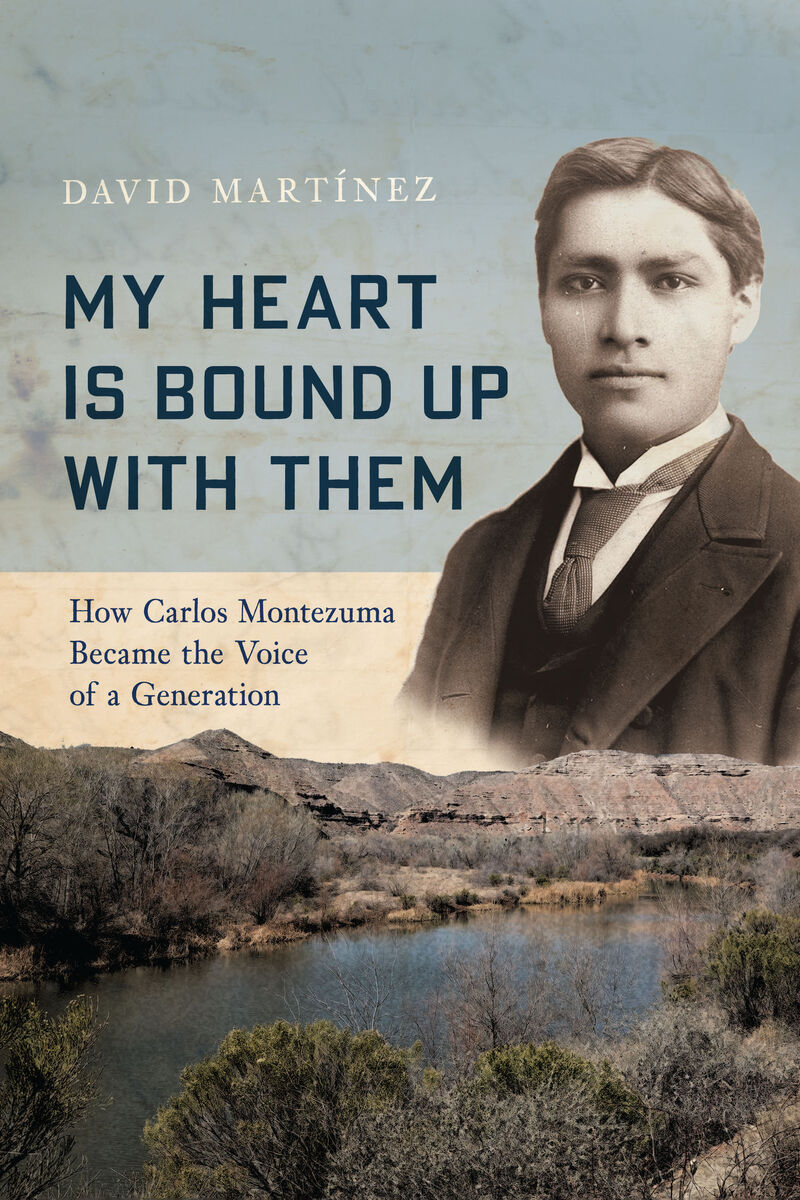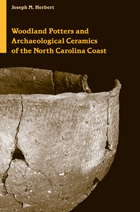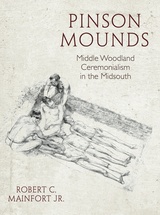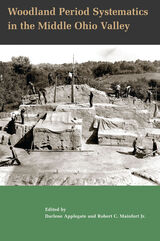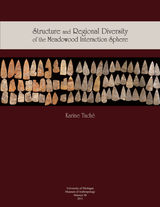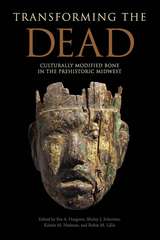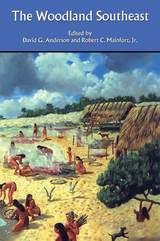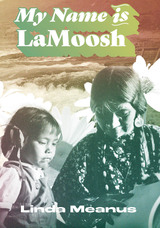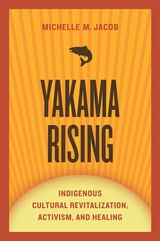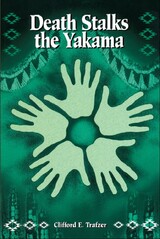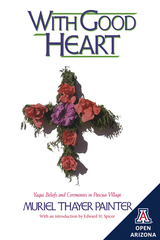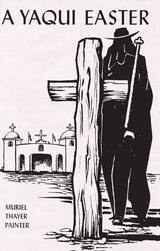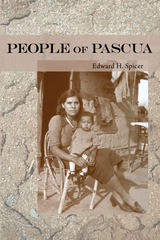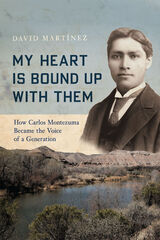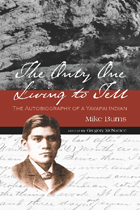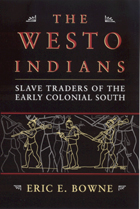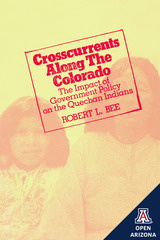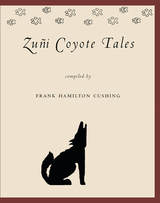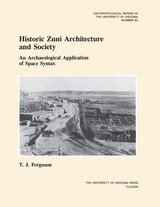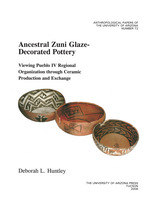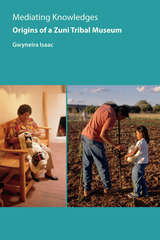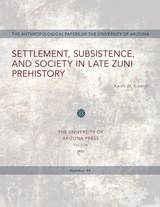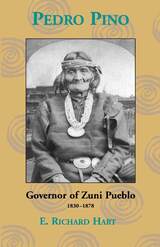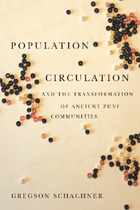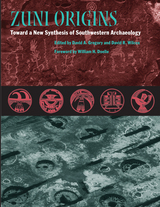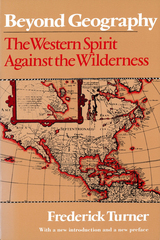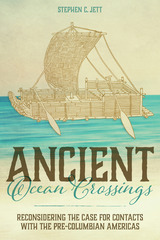My Heart Is Bound Up with Them: How Carlos Montezuma Became the Voice of a Generation
University of Arizona Press, 2023
Paper: 978-0-8165-4816-3 | eISBN: 978-0-8165-4818-7 | Cloth: 978-0-8165-4817-0
Library of Congress Classification E99.Y5
Dewey Decimal Classification 323.11975724092
Paper: 978-0-8165-4816-3 | eISBN: 978-0-8165-4818-7 | Cloth: 978-0-8165-4817-0
Library of Congress Classification E99.Y5
Dewey Decimal Classification 323.11975724092
ABOUT THIS BOOK | AUTHOR BIOGRAPHY | REVIEWS | TOC
ABOUT THIS BOOK
Carlos Montezuma is well known as an influential Indigenous figure of the turn of the twentieth century. While some believe he was largely interested only in enabling Indians to assimilate into mainstream white society, Montezuma’s image as a staunch assimilationist changes dramatically when viewed through the lens of his Yavapai relatives at Fort McDowell in Arizona.
Through his diligent research and transcription of the letters archived in the Carlos Montezuma Collection at Arizona State University Libraries, David Martínez offers a critical new perspective on Montezuma’s biography and legacy. During an attempt to force the Fort McDowell Yavapai community off of their traditional homelands north of Phoenix, the Yavapai community members and leaders wrote to Montezuma pleading for help. It was these letters and personal correspondence from his Yavapai cousins George and Charles Dickens, as well as Mike Burns that sparked Montezuma’s desperate but principled desire to liberate his Yavapai family and community—and all Indigenous people—from the clutches of an oppressive Indian Bureau.
Centering historically neglected Indigenous voices as his primary source material, Martínez elevates Montezuma’s correspondence and interactions with his family and their community and shows how it influenced his advocacy. Martínez argues that Montezuma’s work in Arizona directly contributed to his national projects. For his Yavapai community, Montezuma set an example as a resistance fighter and advocate on behalf of his people and other Indigenous groups. Martínez offers a critical exploration of history, memory, the formation of archival collections, and the art of writing biography.
Through his diligent research and transcription of the letters archived in the Carlos Montezuma Collection at Arizona State University Libraries, David Martínez offers a critical new perspective on Montezuma’s biography and legacy. During an attempt to force the Fort McDowell Yavapai community off of their traditional homelands north of Phoenix, the Yavapai community members and leaders wrote to Montezuma pleading for help. It was these letters and personal correspondence from his Yavapai cousins George and Charles Dickens, as well as Mike Burns that sparked Montezuma’s desperate but principled desire to liberate his Yavapai family and community—and all Indigenous people—from the clutches of an oppressive Indian Bureau.
Centering historically neglected Indigenous voices as his primary source material, Martínez elevates Montezuma’s correspondence and interactions with his family and their community and shows how it influenced his advocacy. Martínez argues that Montezuma’s work in Arizona directly contributed to his national projects. For his Yavapai community, Montezuma set an example as a resistance fighter and advocate on behalf of his people and other Indigenous groups. Martínez offers a critical exploration of history, memory, the formation of archival collections, and the art of writing biography.
See other books on: Generation | Indian activists | Them | Voice | Yavapai Indians
See other titles from University of Arizona Press
